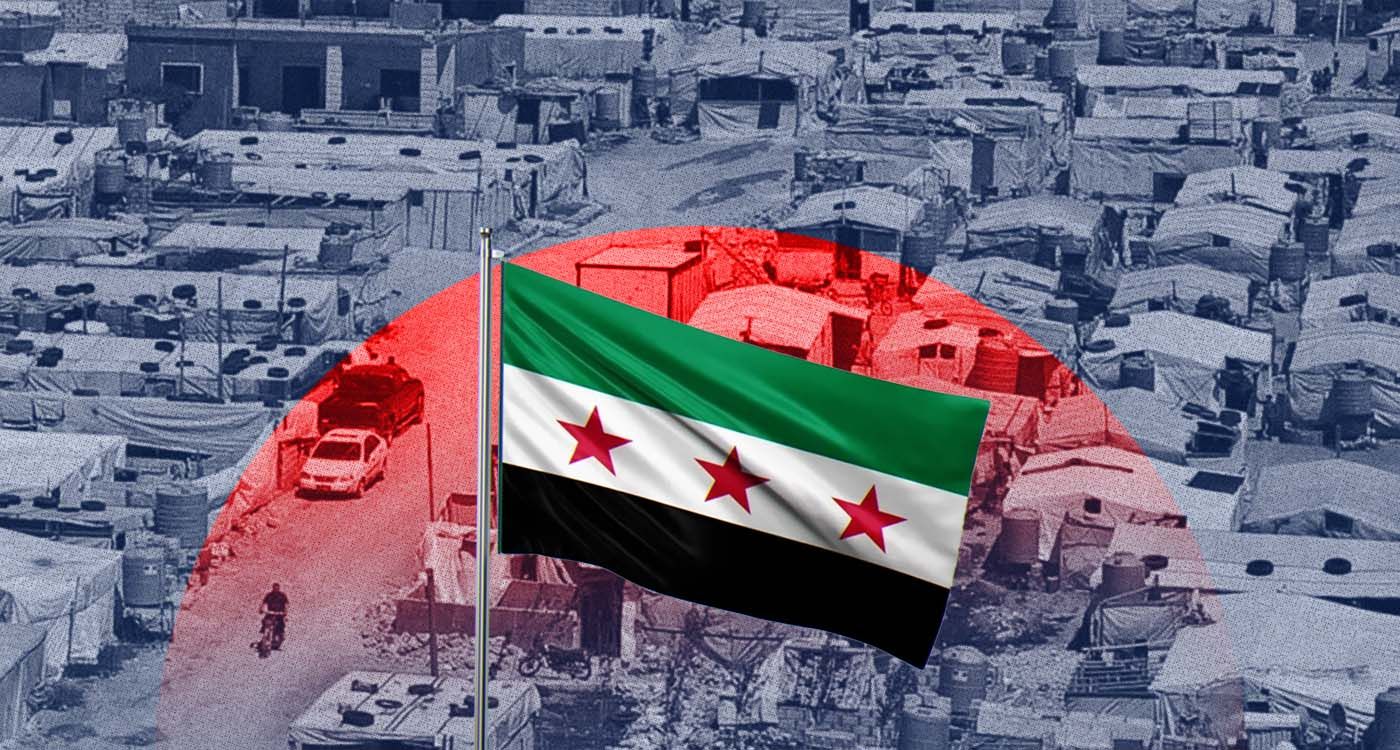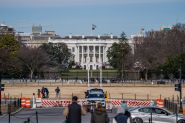
Nearly a year after the fall of Bashar Assad’s government in December, the debate over the future of Syrian refugees in Lebanon has reignited.
As conditions inside Syria evolve, Lebanon and international organizations – namely the UN Refugee Agency (UNHCR) and the International Organization for Migration (IOM) – are coordinating “voluntary return” operations while navigating complex legal, political, and humanitarian challenges surrounding the repatriation of more than 1.5 million Syrians who have lived in Lebanon for over a decade.
“War-Displaced Status No Longer Applies”
Lawyer Mark Habka, a specialist in criminal and international affairs, argues that Syrian refugees in Lebanon can no longer be considered displaced in the legal sense.
“To be recognized as refugees or war-displaced, they must be fleeing war or an oppressive regime that endangers their lives. Today, neither condition applies. Syria is no longer a war zone nor an internationally sanctioned or isolated state. It is reestablishing ties with the global community,” Habka told This is Beirut.
According to him, Syrians who were once classified as displaced have now lost that status, and the majority remain in Lebanon illegally.
He insists that the Lebanese state has both “the right and the obligation” to initiate their return.
“If the Lebanese state does not request their repatriation, it is neglecting its duty and must be held accountable.”
Habka says the solution is straightforward: the Ministry of Foreign Affairs should formally raise the issue with the United Nations and UNHCR and request a clear timetable for repatriation.
UNHCR: Hundreds of Thousands Already Returning
According to UNHCR spokesperson Lisa Abu Khaled, returns have accelerated in 2025.
“More than 335,000 Syrians have returned to Syria since the beginning of the year, and their refugee files have been deactivated. We expect some 400,000 returns by year’s end,” Abu Khaled told This is Beirut.
The agency’s funding crisis has forced significant cuts to assistance programs in Lebanon. Coverage of primary healthcare has stopped, and the hospitalization program will end soon. Cash assistance remains available only for “the most vulnerable.”
UN agencies continue to coordinate transportation and provide legal support, psychosocial services, and livelihood programs for returnees. The package includes $100 per person upon departure and $600 per family upon arrival in Syria.
Lebanon’s General Directorate of General Security has also facilitated returns by waiving exit fees, overstay fines, and reentry bans for Syrians and Palestinian refugees from Syria.
Since December 2024, UNHCR estimates that more than 843,994 Syrians have returned from neighboring countries, including Turkey, Jordan, Egypt, and Lebanon.
“Syrian Illegal Presence Must End”
Maroun Khawli, general coordinator of the National Campaign for the Repatriation of Displaced Syrians, describes the situation bluntly:
“We have an illegal presence of displaced Syrians. They are considered illegal foreign residents,” he said, adding that despite the growing number of returns, smuggling networks remain active. Syrians continue to re-enter Lebanon through illegal crossings along porous borders, often smuggling goods and merchandise.
Despite improved stability in many Syrian regions, the flow of Syrians into Lebanon has not stopped. Since Assad’s fall, the UN estimates that 69,000 Syrians—mostly Alawites fleeing retaliatory violence—have entered Lebanon. The real number may be much higher due to smuggling, with some sources placing it closer to 150,000.
Many Syrians who attempted to return found their homes destroyed or livelihoods impossible, prompting them to come back to Lebanon—where they should be labeled as illegal economic migrants, according to Khawli.
He criticizes the absence of a unified Lebanese political decision on the issue.
“Syrian displacement should end because its reasons no longer exist. But there is still no official decision to repatriate them.”
From the Syrian side, Khawli sees similar reluctance. The new authorities in Damascus, he says, rely heavily on cash remittances sent by Syrians in Lebanon – one of the country’s few remaining sources of foreign currency. Damascus also uses the refugee file as a pressure card in negotiations and argues that Lebanon bears responsibility for the losses of Syrian depositors in Lebanese banks.
“There are no negotiations between the two countries – not even a committee to address repatriation. The regime is only concerned with the return of loyalist Syrian prisoners in Lebanon,” Khawli added.
Lebanon at a Crossroads
Lebanon, once hosting more than 1.5 million Syrians – nearly a quarter of its population – remains heavily burdened by economic collapse, political paralysis, and strained infrastructure.
While Lebanese voices calling for a full-scale end to displacement are growing louder – echoing similar debates in Europe – the path forward is fraught with legal, political, economic, and humanitarian complications. Without coordinated policies between Beirut, Damascus, and international agencies, Lebanon risks entering a new phase of uncertainty over one of the most pressing challenges in its modern history.




Comments